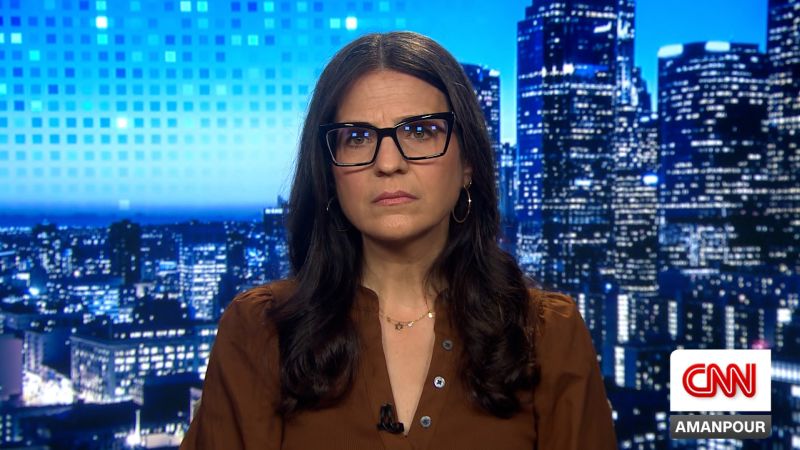Rep. Ritchie Torres called Monday for a Washington inspector general to probe the federal government’s lethargic response to the American monkeypox outbreak as New Yorkers clamor for vanishingly rare vaccine doses.
Torres, a Bronx Democrat who is gay, penned a letter to the inspector general for the Department of Health and Human Services, Christi Grimm, saying that the “failed federal response” to monkeypox has landed a “disproportionately destructive impact on the LGBTQ community.”
[ EXPLAINER: What is monkeypox and should New Yorkers be worried? ]
Health authorities say monkeypox, a generally milder cousin of the long-eradicated smallpox, can spread to anyone. But infections in New York have mostly surfaced in men who have sex with men.
Millions of American-owned monkeypox vaccine doses have collected dust in Denmark this month due to bureaucratic delays, despite growing fear of the rash-causing but rarely fatal disease.
:quality(70)/cloudfront-us-east-1.images.arcpublishing.com/tronc/Z6GYZP2OGRCIVJFNSQK75DJVKM.jpg)
“The US has a long and ugly history of ignoring the public health needs of the LGBTQ community. For many in the community, history is repeating itself,” Torres said in his letter, addressed to Grimm and the U.S. comptroller general, Gene Dodaro.
Torres wrote that the Centers for Disease Control and Prevention and the Food and Drug Administration have “moved at a bureaucratic pace, enabling the virus to spread uncontrollably for two months.”
Noa Levin, a spokesperson for the inspector general’s office of the Health and Human Services Department, said in a statement: “We are closely monitoring this issue and will review the letter to determine the appropriate course of action once we have received it.”
Monkeypox, historically confined to regions of Africa, is believed to primarily spread through intimate contact and first emerged in New York City in May. Now, the city has recorded 618 suspected infections, about one in three cases nationally.
Citing a lack of vaccine, the city Health Department said Friday it would buck the FDA’s guidance and begin distributing doses as soon as it gets them, even if that means some recipients will face an extended wait for their second dose. The department said the gap should not impact vaccine-induced immune responses.
Local officials are also pushing the federal government to increase the number of vaccine doses sent to New York.
Mayor Adams’ office said in a statement last week that he had pushed for distribution “proportional to the current burden of disease here in New York City” in a call with the CDC director, Dr. Rochelle Walensky.
Manhattan Borough President Mark Levine said Monday that the city is only receiving about 10% of the national vaccine supply. “The CDC must provide us with a share matching our level of need,” he tweeted.
In Manhattan alone, more than 200 cases — about 60% of the citywide tally — had been recorded through last Wednesday. Only one other state, California, had reached 200 cases total in a national CDC count through Friday.
The CDC did not immediately respond to a request for comment.






:quality(70)/cloudfront-us-east-1.images.arcpublishing.com/tronc/Z6GYZP2OGRCIVJFNSQK75DJVKM.jpg)
More News
Marko Stout’s “Glitz & Glamour”: A dazzling affair that showcases artistic luxury
Legal Aid demands probe of NYPD’s ‘unlawful’ detention of pro-Palestine protesters
Judge Merchan threatens Trump with jail time for gag order violations in hush money trial: Live updates